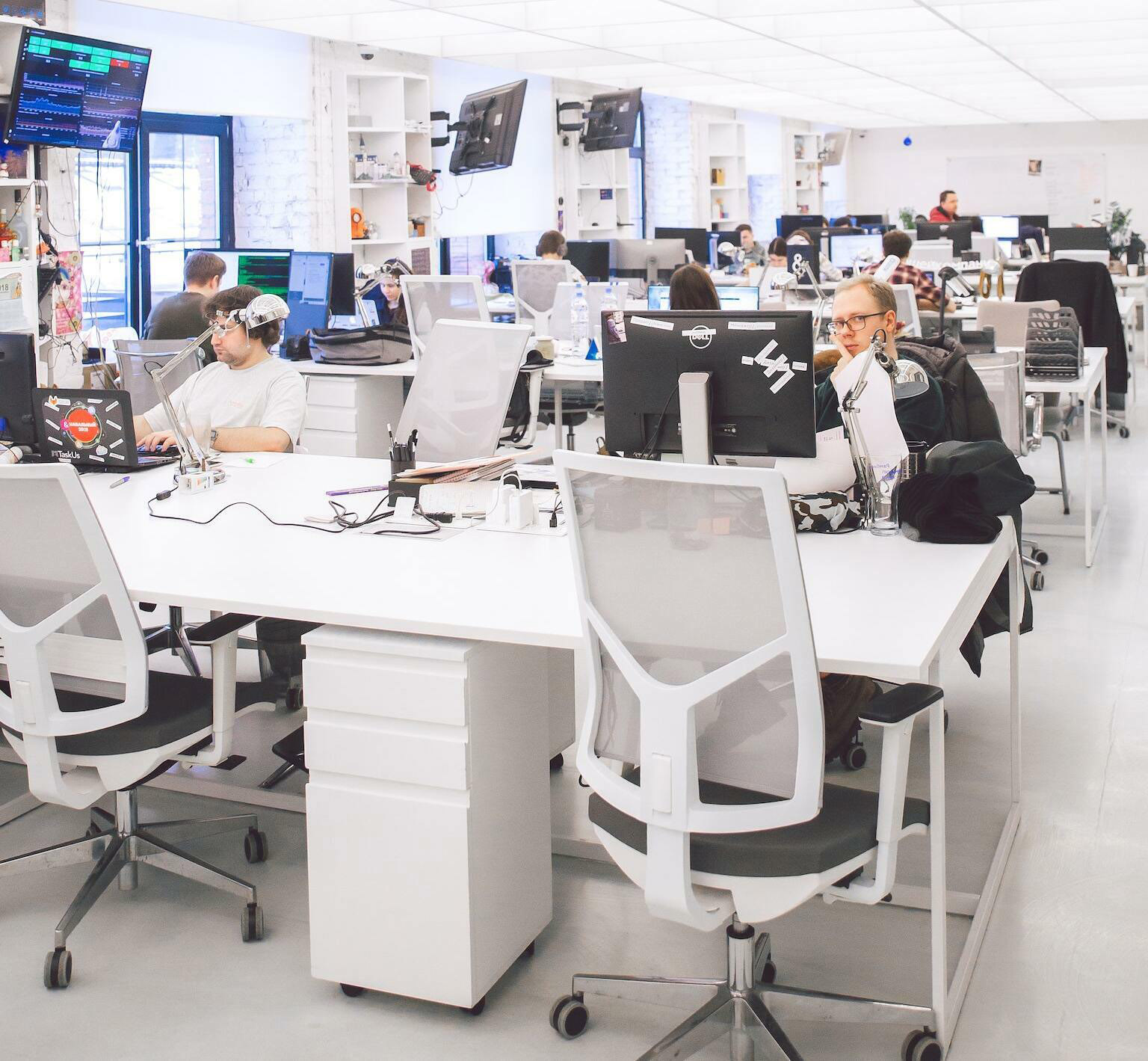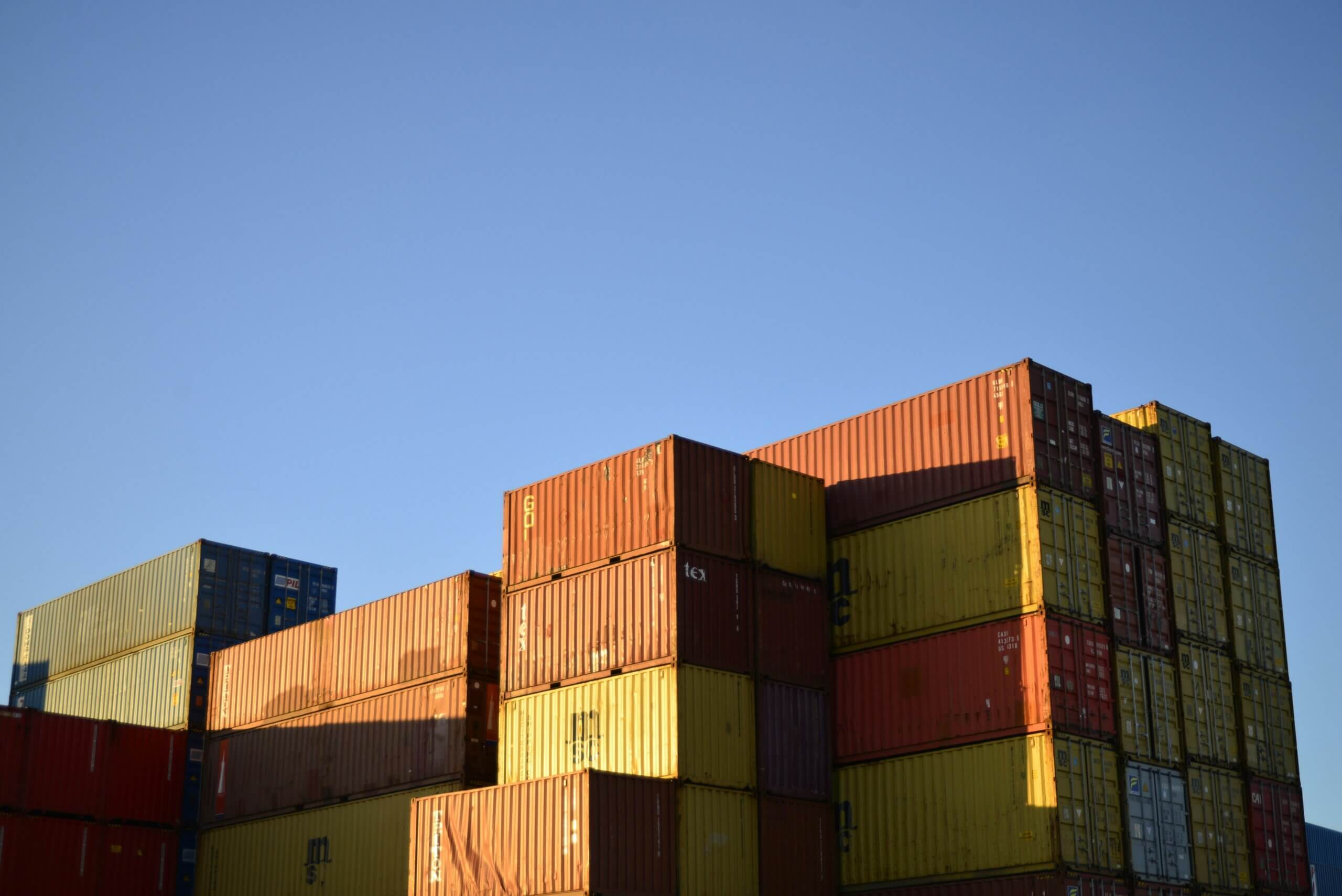2023 has just begun, but the disruptions are already piling up. Continued economic uncertainty, political unrest, an ongoing Covid crisis in China, weather events, and more are taking a toll on already over-burdened supply chain.
For supply chains to create resiliency and stay agile in this ever-changing and disruptive environment, several critical elements are necessary. First, supply chain professionals will need to think differently. Moving forward, supply chain leaders should think in terms of circular, real-time supply chains rather than a single straight line. Second, they need to increase their adoption of logistics technologies and move forward with supply chain digitization.
The Vital Element: Talent
But to make these changes, supply chain organizations require a vital element: talent, especially digital talent.
The World Economic Forum just wrapped up their annual meeting in Davos where talent was a hot topic. The WEF’s view on talent is that there’s a strategic imperative to ensure an organization can adapt to the evolving needs of the markets and its customers. The most resilient way an organization can do this, especially at scale, is to engage a global talent pool to achieve higher levels of performance and revenue.
So, it is imperative that supply chain leaders hire and retain the digital talent that can drive and support a digital transformation, which requires many organizational and process changes along the way.
A Growing Talent Pool, But Attrition Persists
Luckily, the number of students graduating in the supply chain field is on the rise. This shift is mainly due to increased visibility surrounding all aspects of the supply chain. As a result, we’re also seeing a growing number of universities offering specialized supply chain programs – and technology, specifically AI and analytics, play a big role in the curriculum. In fact, Gartner reports that 96% of university supply chain programs offer analytics courses and some even include majors and minors. According to Gartner, a supply chain analytics focus is well-established in a vast majority of supply chain undergraduate programs, with 96% of programs offering analytics courses and even analytics majors and minors.
Despite the growing pool of talent, it’s not easy to attract and recruit new candidates. The annual study by the Council of Supply Chain Management Professionals (CSCMP) has found that while more companies than ever (93%) are actively engaged in digital transformation, the people/skills deficit is the number one obstacle (52%) standing in the way of their efforts. Supply Chain Leaders in Action (SCLA) also confirmed at a recent meeting that talent attraction and retention are still top issues for Supply Chain leaders.
And the talent deficit will not be resolved any time soon. According to Gartner, 50% of HR leaders expect to see increased talent competition in the next six months and 46% of HR leaders anticipate attrition will remain high for in-demand roles in 2023.
Many companies compete for the same talent. And with shippers, 3PLs, and brokers using more technology, these groups now must compete for the same talent.
Attracting the Right Candidates
To secure the right talent – and enough of it – supply chain leaders should aggressively seek to secure, retain, and retrain the digital talent needed to accelerate their digital transformation. One way to do this is by attracting new talent through their use of technology. Modern planning solutions and visibility/collaboration platforms are excellent examples of the types of solutions that attract talent as these solutions use analytics, artificial intelligence, machine learning, APIs and other modern techniques. These technologies are very well aligned with the interest and background of new supply chain-focused graduates. As such, companies should leverage AI or robotic process automation (RPA) to automate mundane tasks and augment human capabilities to make supply chain roles more desirable to both better attract and retain talent.
Companies also need to offer the right culture and organizational direction for new talent. Many recent college graduates don’t just care about compensation, a job title or the name/brand of the employer. They care about issues like sustainability and focus on DEI initiatives. This will only increase as the workforce becomes even more global and diverse.



